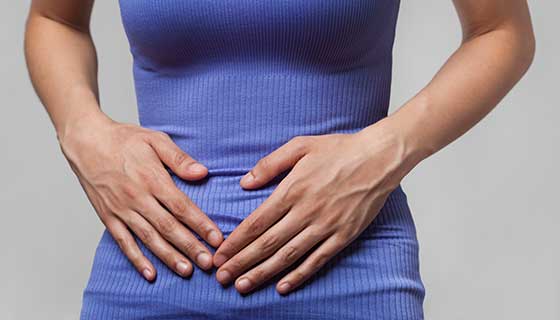
How Menopause Affects Urinary Health & What to Do About It

Menopause is a natural phase in a woman’s life, but it brings significant changes to the body, including urinary health. Many women experience bladder issues, infections, and discomfort due to hormonal shifts. As a leading Urologist in Agra ,Sexologist in Agra, Prostate doctor in Agra., Dr. Dilip Mishra provides expert care for women facing urinary challenges during menopause. In this article, we discuss how menopause affects urinary health and what you can do to manage it effectively.
How Menopause Impacts Urinary Health
- Weakened Bladder Control
Estrogen helps maintain the strength of bladder muscles and the urethral lining. As estrogen levels drop during menopause, many women experience urinary incontinence or leakage, especially during activities like sneezing, coughing, or exercising. - Increased Risk of Urinary Tract Infections (UTIs)
Lower estrogen levels alter the vaginal and urinary tract environment, making it easier for bacteria to grow. This leads to recurrent UTIs, which can cause discomfort and require medical attention. - Overactive Bladder (OAB)
Menopause can lead to an overactive bladder, causing frequent urination and sudden urges. This condition affects sleep, daily activities, and overall quality of life. - Pelvic Organ Prolapse
The weakening of pelvic floor muscles due to hormonal changes can cause organs like the bladder to shift, leading to discomfort and difficulty emptying the bladder fully.
What Can You Do to Manage Urinary Issues During Menopause?
- Consult a Urologist for Personalized Care
If you’re experiencing persistent urinary issues, visiting a trusted urologist in Agra like Dr. Dilip Mishra is crucial for proper diagnosis and treatment. - Pelvic Floor Exercises
Kegel exercises help strengthen pelvic muscles, reducing urinary leakage and improving bladder control. - Hormone Replacement Therapy (HRT)
In some cases, HRT may help restore estrogen levels and improve bladder health. Consult a sexologist in Agra to explore if HRT is the right option for you. - Stay Hydrated & Maintain a Healthy Diet
Drinking enough water and reducing caffeine and alcohol intake can help improve bladder function and reduce irritation. - Bladder Training
Practicing scheduled bathroom trips and gradually increasing time between urinations can help train the bladder to hold urine for longer periods. - Medications & Advanced Treatments
If lifestyle changes don’t provide relief, consulting a prostate doctor in Agra for medications or minimally invasive procedures can be beneficial.
Conclusion
Menopause-related urinary health issues can impact daily life, but they don’t have to. With expert guidance from a skilled urologist in Agra, women can find effective solutions to manage symptoms and improve their quality of life. If you’re experiencing urinary discomfort or frequent infections, schedule a consultation with Dr. Dilip Mishra, a leading , for personalized treatment a Urologist in Agra ,Sexologist in Agra, Prostate doctor in Agra.
Take charge of your urinary health today!
More Details About Dr. Dilip Kumar Mishra Visit Here https://drdilipmishraurologist.com/ and visit our hospital: link
Visit our Instagram Page https://www.instagram.com/drdilipkumarmishraurologist/
Check out our other posts
Role of Sleep in Bladder & Kidney Function: Dr Dilip Mishra